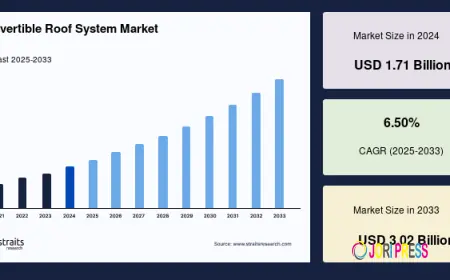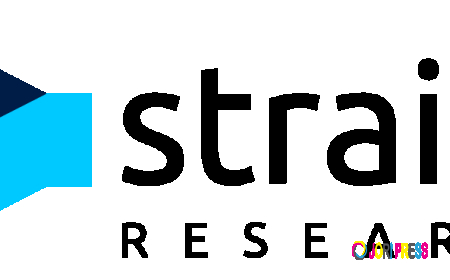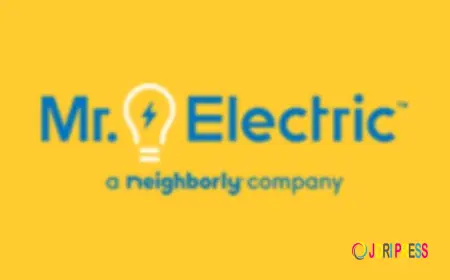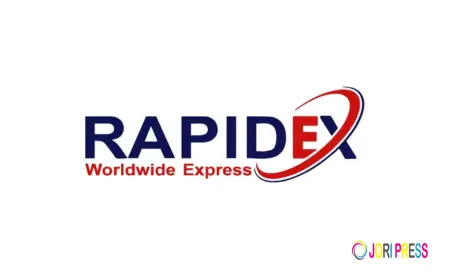Aadhaar eSign vs DSC: Which Digital Signature Is Right for Your Enterprise?
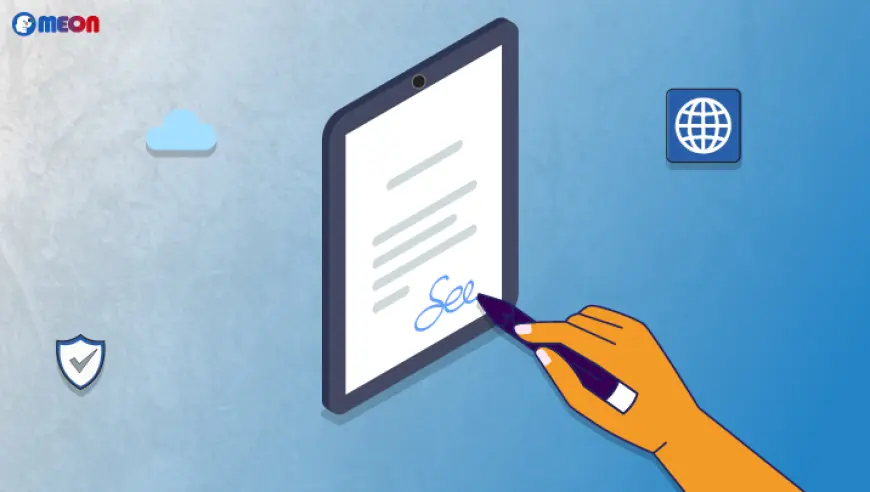
In India, businesses are rapidly embracing digital transformation, and one of the biggest changes is how documents are signed. From vendor contracts to HR letters and legal agreements, enterprises are moving away from the time-consuming process of printing, signing, scanning, and storing paper documents.
This raises a key question:
? Should your business use Aadhaar eSign or a Digital Signature Certificate (DSC)?
Both are legally valid, but depending on your enterprise needs, one may be a better fit. Let’s break it down.
What is Aadhaar eSign?
Aadhaar eSign is a government-backed method to electronically sign documents using an individual’s Aadhaar number. It’s particularly suited for businesses that need a fast, cloud-based solution.
Why enterprises prefer Aadhaar eSign:
-
Secure and legally valid → OTP or biometric-based authentication ensures compliance under the IT Act, 2000.
-
Fast and scalable → Ideal for bulk signing of contracts, HR documents, and vendor agreements.
-
No hardware required → Works entirely online, with no need for USB tokens or smart cards.
For enterprises looking to streamline document signing and handle large volumes efficiently, Aadhaar eSign is a lightweight, practical solution.
Explore real-world use cases on our Aadhaar eSign page.
What is a Digital Signature Certificate (DSC)?
A Digital Signature Certificate (DSC) is an encrypted digital key stored on a USB token or smart card, often used for government filings, corporate compliance, and certain legal transactions.
Key features of DSC:
-
High security → Encryption ensures authenticity and prevents tampering.
-
Versatile → Can sign documents online or offline via secure hardware.
-
Legally recognized → Valid under the IT Act, 2000 and recognized by courts and government authorities.
DSC is best suited for situations requiring maximum security, such as regulatory filings, ROC submissions, and sensitive legal agreements.
Choosing Between Aadhaar eSign and DSC
The choice depends on your enterprise’s speed, convenience, and security needs:
-
For fast, everyday business workflows, such as HR letters, vendor contracts, and internal approvals, Aadhaar eSign is ideal. It enables automation across departments and significantly reduces turnaround time.
-
For high-security or government-required filings, such as ROC submissions or regulatory documents, DSC is more suitable.
Many modern enterprises use both, selecting the method based on the context: Aadhaar eSign for bulk employee agreements and DSC for sensitive, legally critical filings.
Advantages of Aadhaar eSign for Enterprises
-
No hardware or tokens required → Sign from anywhere, anytime.
-
Faster turnaround → Documents are signed in hours instead of days.
-
Cost-effective → Especially suitable for large teams and high-volume workflows.
-
Legally compliant → Fully recognized under Indian law.
This makes Aadhaar eSign the preferred choice for day-to-day contracts, agreements, and internal workflows.
For a detailed look at enterprise-ready Aadhaar eSign solutions, see our Electronic Signature page.
Conclusion
Both Aadhaar eSign and DSC are legally valid in India. The decision comes down to your enterprise’s speed, convenience, cost, and security requirements:
-
Use Aadhaar eSign for fast, scalable, and everyday business transactions.
-
Use DSC when higher security or regulatory compliance is required.
By adopting the right digital signature method, enterprises can save time, reduce paperwork, and ensure full compliance with Indian law.
✅ The digital age is here, and digitally signing documents is no longer optional—it’s essential.
? Explore Meon’s Aadhaar eSign and Electronic Signature solutions to see how your business can go fully digital, secure, and legally compliant.
What's Your Reaction?
 Like
0
Like
0
 Dislike
0
Dislike
0
 Love
0
Love
0
 Funny
0
Funny
0
 Angry
0
Angry
0
 Sad
0
Sad
0
 Wow
0
Wow
0







